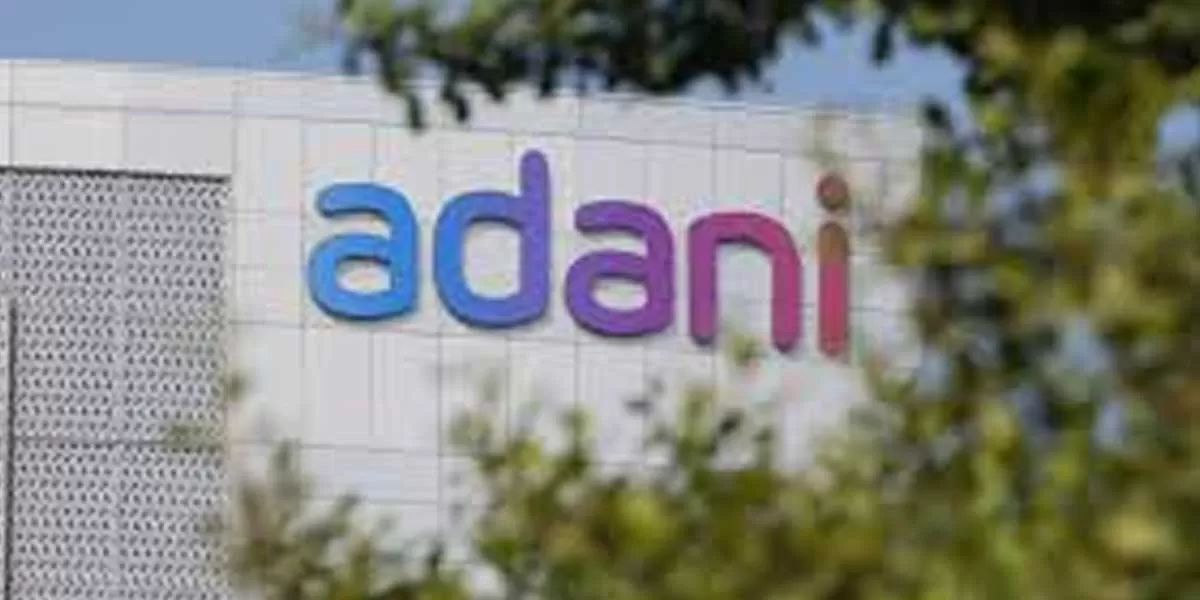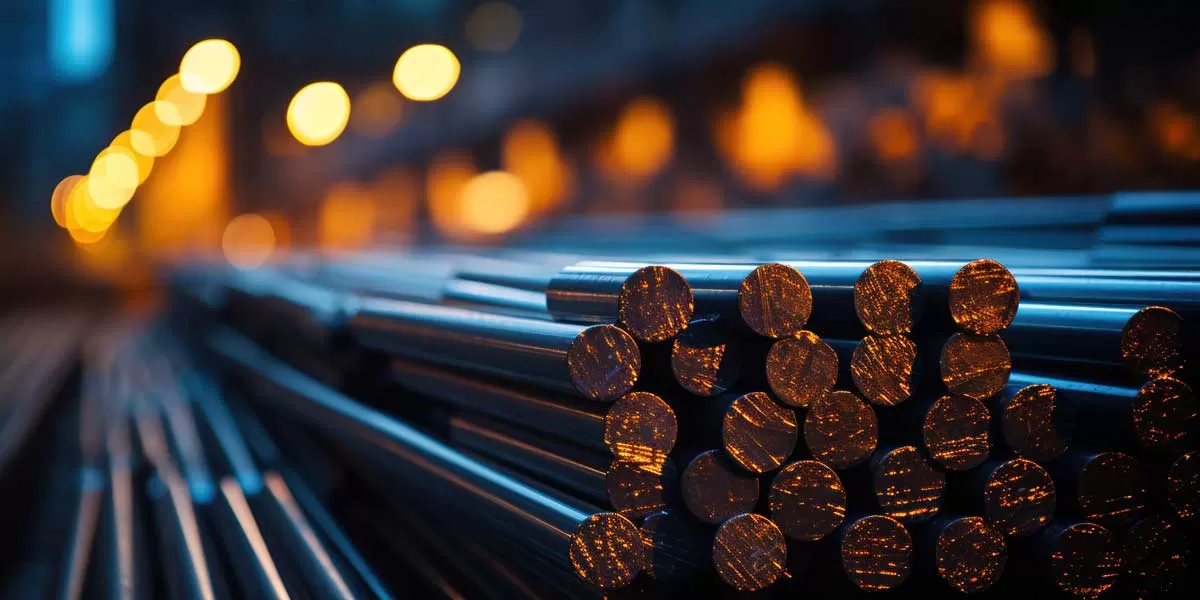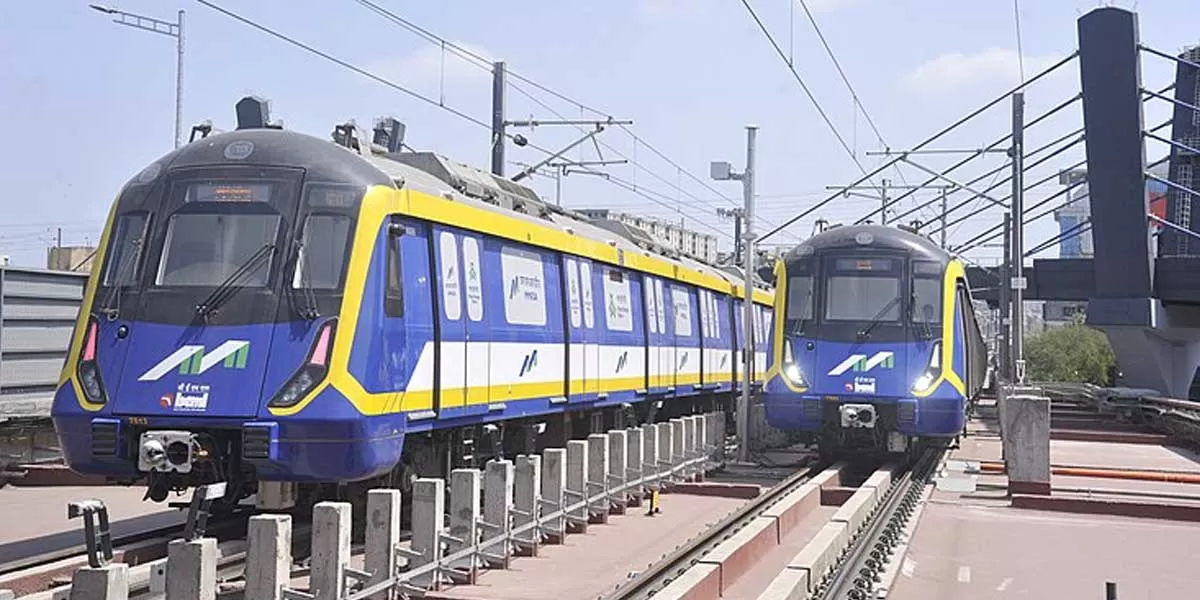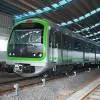Railways to offer opportunities worth Rs 280 bn a year

Adani Group Invests $240M in Global Skills Academy
The Adani Group has announced a partnership with ITE Education Services (ITEES) of Singapore to establish a world-class talent pipeline for industries such as Green Energy, Manufacturing, Hi-tech, Project Excellence, and Industrial Design. The initiative will see an investment of over $240 million by the Adani family to set up internationally benchmarked schools of excellence, named Adani Global Skills Academy. These finishing schools will train students from technical and vocational backgrounds, equipping them with industry-relevant certifications. Graduates will have employment opportunities..

Raising the Bar!
In a game-changing move for the construction industry, the First Construction Council (FCC) made waves in 2018-19 with its critical analysis of thermo-mechanically treated (TMT) bars – a cornerstone of reinforced concrete construction. Through a rigorous sample test of 26 TMT bar brands, the results revealed a startling reality: 18 out of 26 brands failed to meet quality parameters, as crucial elements like phosphorous and sulphur exceeded acceptable limits. The tests were conducted at a time when India’s infrastructure sector was surging, with an estimated Rs 5.97 trillion earmarked ..

HCC-TPL JV Secures Indore Metro’s Underground Package IN-05R
"Madhya Pradesh Metro Rail Corporation Ltd (MPMRCL) has announced Hindustan Construction Co. Ltd. – Tata Projects Ltd. (HCC – TPL Indore Metro JV) as the lowest bidder for Package IN-05R, the first and only underground section of Indore Metro Phase 1’s Yellow Line.Originally, MPMRCL invited bids for Package IN-05 in February 2024 but later cancelled the tender and reissued it as Package IN-05R, with an estimated cost of ₹2,550 crore and a four-year completion timeline. When technical bids were opened in November 2024, six firms had submitted their proposals. However, Afcons-Sam India J..














